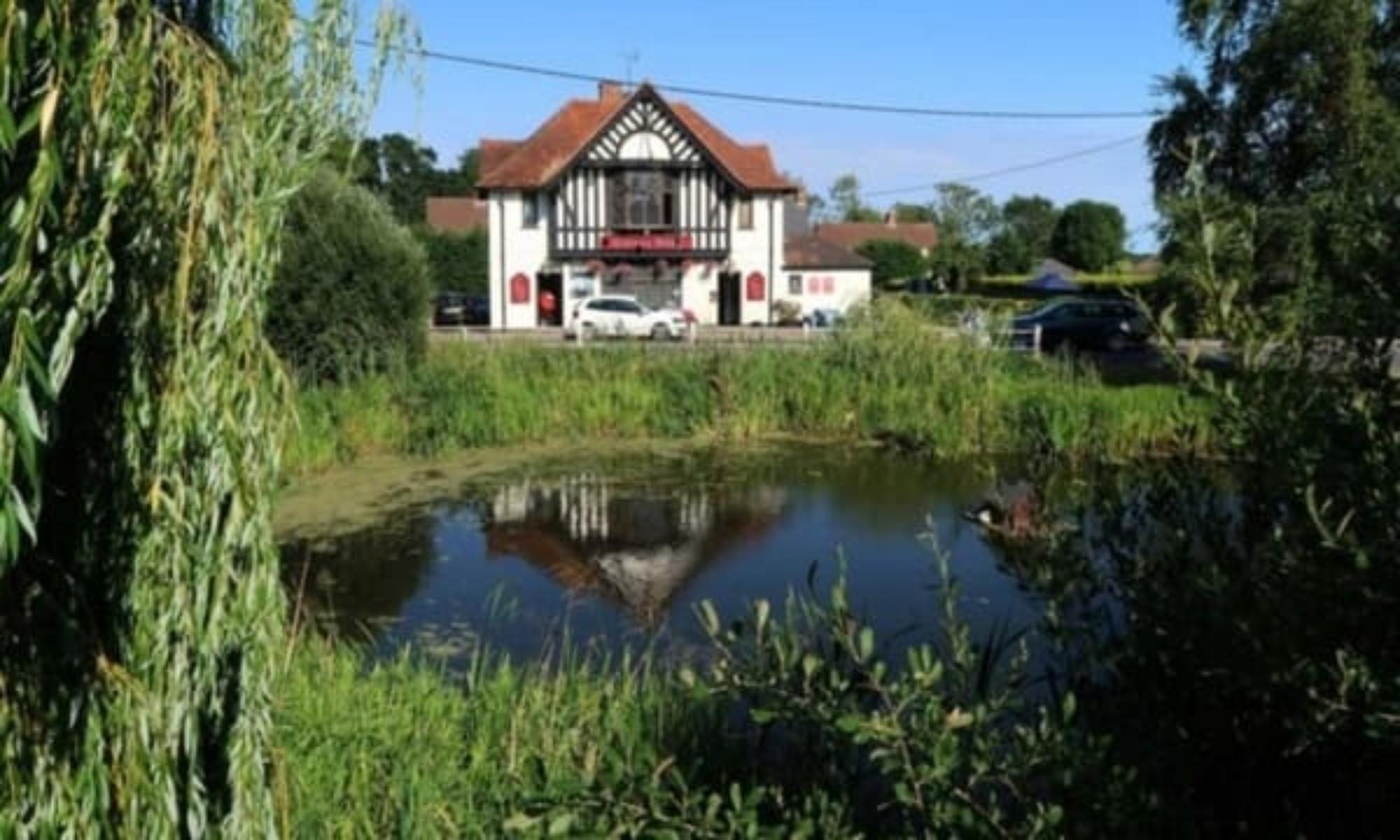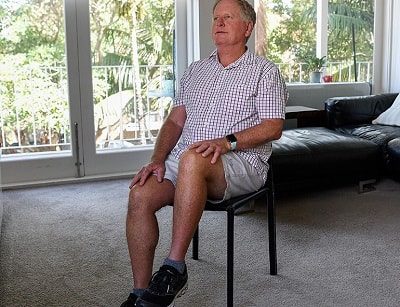Day 70 of (surreally) Lockdown
So, is this day 70 of Lockdown or is it day 1 of De-Lockdown? Heathlands School saw around 70 children attending today so, for them, it is pretty much over until the Summer Holidays in just over 7 weeks. Other news:
- Older Adults keeping active,
- HMG De-Lockdown updates,
- Beware fake test & trace calls,
- COVID-19 guidance for smokers & vapers,
- Some light reading (not), and
- Two bits of musical relief.
 Older Adults Keeping Active
Older Adults Keeping Active
Sport England have published Active at Home, co-funded by them & PHE. It aims to help older adults keep up their activity levels while isolating due to coronavirus (Covid-19). A drop in physical activity levels can lead to physical deconditioning that increases the risk of falls, loss of physical capacity and increased need for care during the coronavirus crisis.
With practical guidance on home-based activity, the booklet aims to help older adults maintain strength and balance and follows the recent advice of chief medical officer (CMO) Professor Chris Whitty that “there is no situation, there is no age and no condition where exercise is not a good thing”.
If you support Older Adults and want to help them maintain fitness levels, you can download the booklet from, here. (Registration required).
De-Lockdown
HMG have issued updated FAQs addressing:
- Gatherings, public spaces, and outdoor activities.
- Vulnerable groups, shielding, 70-year-olds and over, and care homes.
- Going to work / Safer spaces.
- Workers’ rights.
- Public Transport.
- Schools and Childcare.
- Borders / international visitors.
- Enforcement.
- Devolved administration.
If you are unsure about what you can & can’t do make your way here.
There is also an updated explainer about Staying Alert which you can read here.
 Fraud Alert – Don’t Get Caught Out By Fake Test & Trace Calls
Fraud Alert – Don’t Get Caught Out By Fake Test & Trace Calls
The following advice comes from Essex Police.
NHS Test & Trace
With the development of Test and Trace, many people have been asking for advice around how this works.
Please find below the official advice from the GOV.UK website on how the system works and advice on how to avoid being the victim of any possible scams as a result of the implementation of this system.
When we contact you
If the NHS test and trace service contacts you, the service will use text messages, email or phone. All texts or emails will ask you to sign into the NHS test and trace contact-tracing website. If NHS test and trace calls you by phone, the service will be using a single phone number: 0300 013 5000. All information you provide to the NHS test and trace service is held in strict confidence and will only be kept and used in line with the Data Protection Act 2018.
Contact tracers will:
- call you from 0300 013 5000
- send you text messages from ‘NHS’
- ask for your full name and date of birth to confirm your identity, and postcode to offer support while self-isolating
- ask if you are experiencing any coronavirus symptoms
- provide advice on what you must do as you have been in contact with someone who has tested positive for coronavirus
Contact tracers will never ask you to:
- dial a premium rate number to speak to us (for example, those starting 09 or 087).
- make any form of payment or purchase a product of any kind.
- give details about your bank account.
- provide social media identities or login details, or those of your contacts.
- give any passwords or PINs, or ask you to set up any passwords or PINs over the phone.
- provide medical advice on the treatment of any potential coronavirus symptoms.
- download any software to your PC or ask you to hand over control of your PC, smartphone or tablet to anyone else.
- access any website that does not belong to the government or NHS, or
- disclose any of your personal or medical information to your contacts.
For the full guidance/information please check the GOV.UK website – https://www.gov.uk/guidance/nhs-test-and-trace-how-it-works
Remember our advice
If in doubt use the A, B, C of scam awareness:
- Never Assume a caller, email or text is genuine.
- Never Believe a caller, email or text is genuine.
- Always Confirm by contacting a trusted number, family member, friend, your bank’s fraud department or the police to check if it’s genuine.
 COVID-19 Guidance for smokers and vapers
COVID-19 Guidance for smokers and vapers
The evidence on smoking and coronavirus (COVID-19) is mixed and developing. On the available evidence, we advise:
- if you smoke, you generally have an increased risk of contracting respiratory infection and of more severe symptoms once infected. COVID-19 symptoms may, therefore, be more severe if you smoke.
- stopping smoking will bring immediate benefits to your health, including if you have an existing smoking-related disease. This is particularly important for both you and for our NHS at a time of intense pressure on the health service.
- e-cigarettes (vapes) can be an effective aid to stopping smoking and staying smokefree
- it is currently unknown what effect vaping may have on susceptibility to severe disease if you are infected with COVID-19.
- for most people vaping remains significantly less harmful than smoking and it is very important that you avoid returning to smoking.
- visit Smokefreefor information and advice on stopping smoking.
If this affects you read the full advice here.
 Some Light Reading?
Some Light Reading?
If anybody has a spare few days, they can now peruse all the SAGE minutes up to the beginning of May. SAGE minutes outline the scientific and health issues discussed and actions and advice agreed during each meeting of the group during the COVID-19 pandemic. It has been meeting regularly since 22 January when it convened for the first time and typically meets twice a week.
SAGE is responsible for providing Cabinet Office Briefing Room (COBR) meetings with coherent, coordinated advice and to interpret complex or uncertain scientific evidence in non-technical language. The Government Chief Scientific Adviser (GCSA) and Chief Medical Officer (CMO) represent SAGE at COBR, and SAGE usually convenes in advance of COBR. Ministers receive advice from SAGE in the form of these minutes, as well as verbal contributions from the GCSA and CMO in COBR and other ministerial meetings.
Read the SAGE minutes here. There are 34 of them, typically around 4 pages long.
Light Relief
Longest Time – Quarantine Edition
Fifty Ways to Catch Corona – Paul Simon Coronavirus Parody Song





